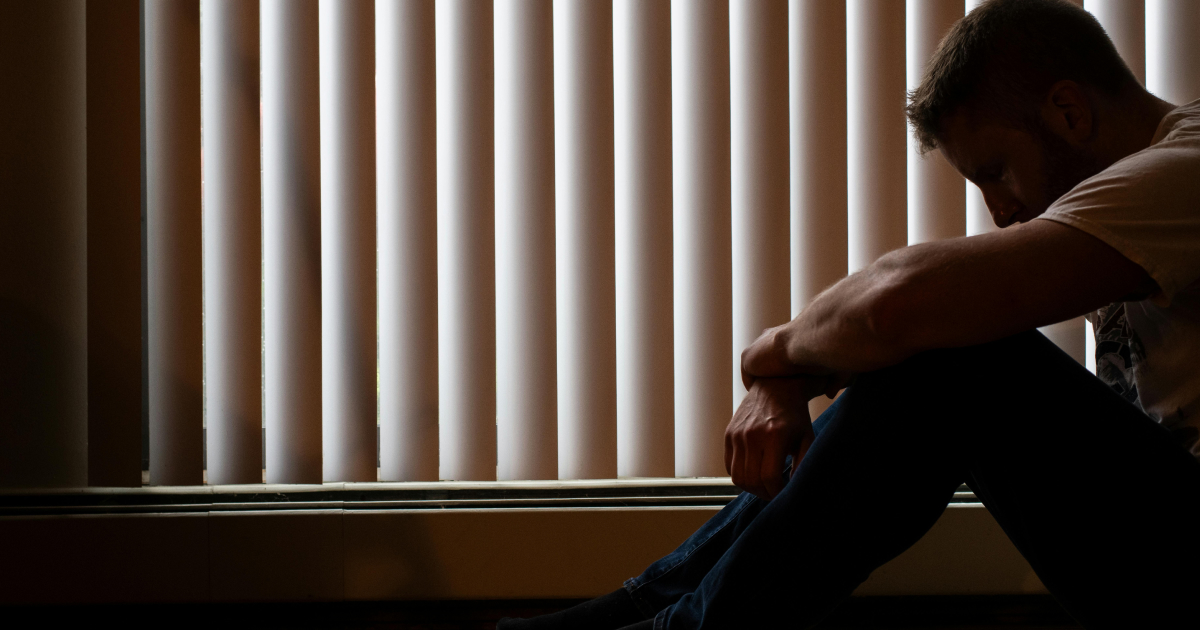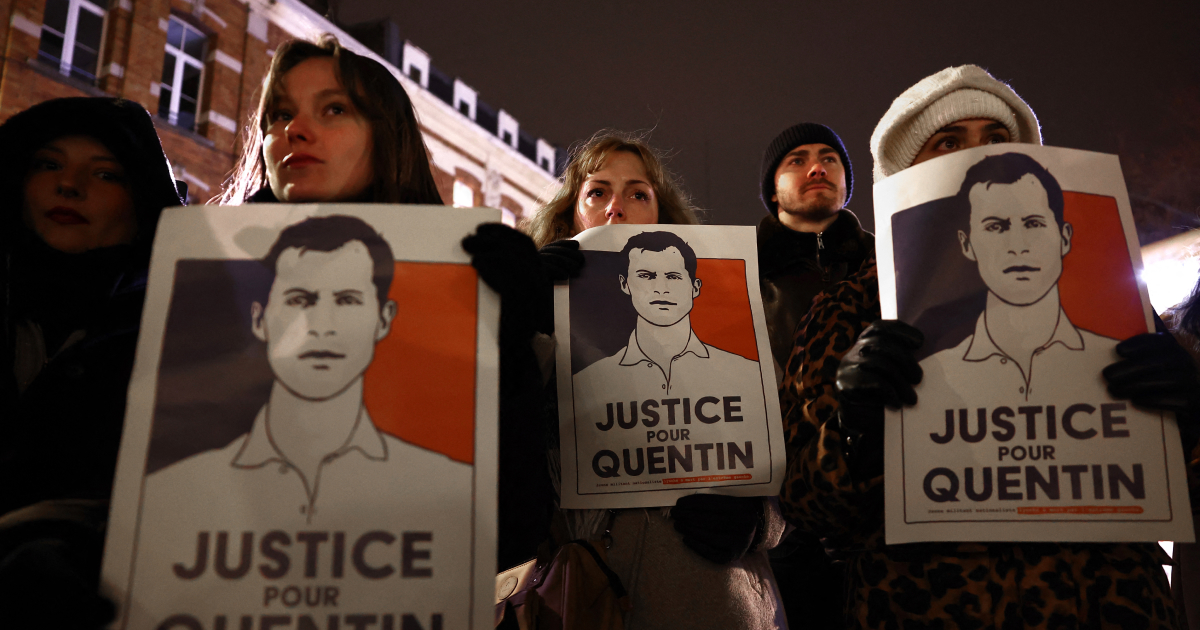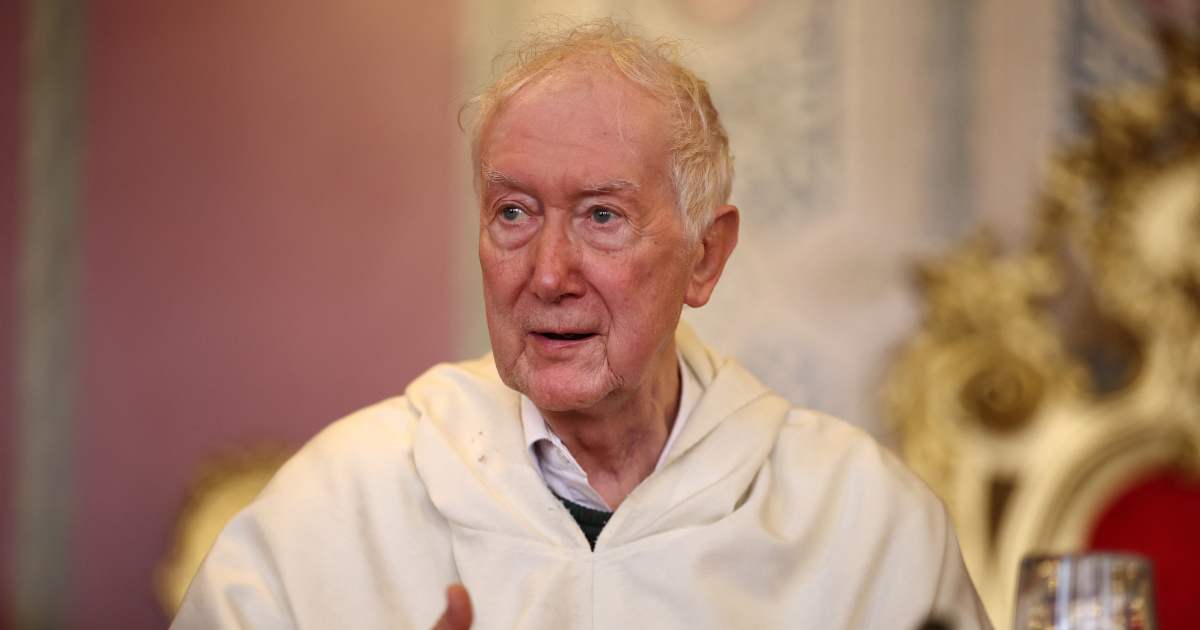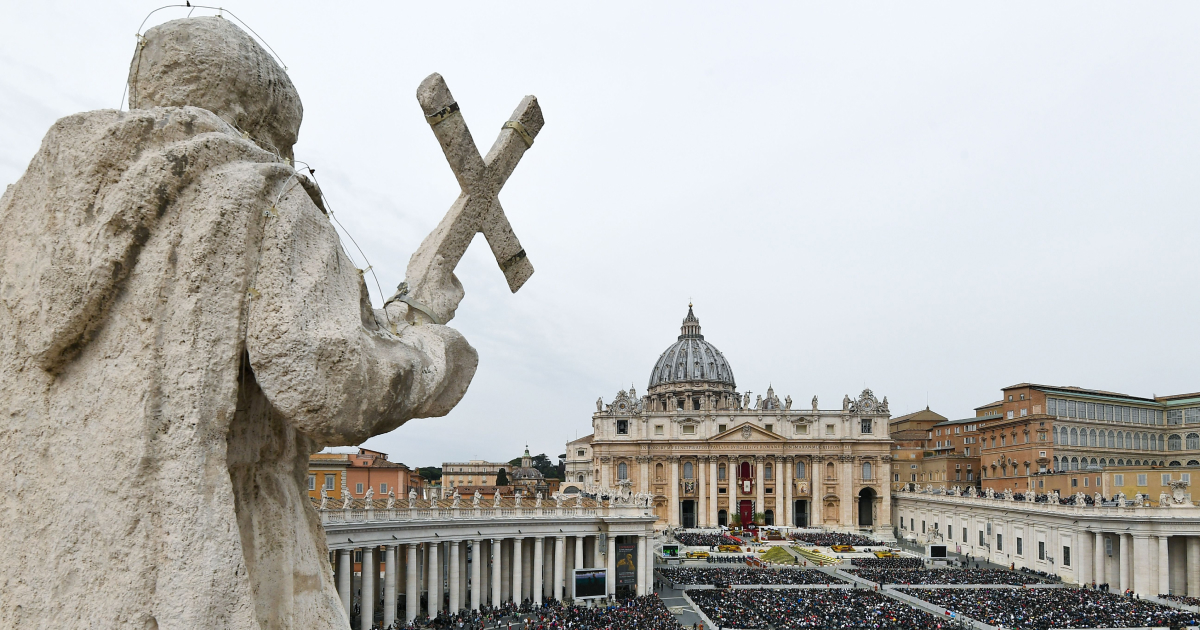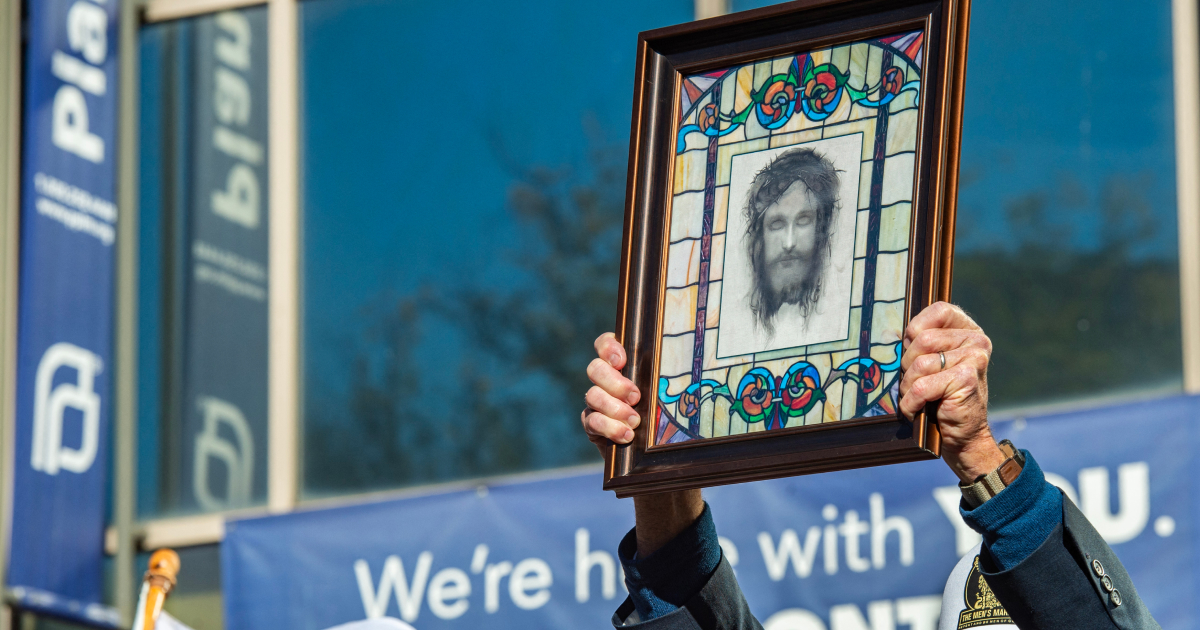A European Catholic monarch is refusing to sign a bill that would have legalised abortion in his Catholic country.
Prince Albert II of Monaco has declined to sign a bill passed by the National Council that would have legalised abortion in the Principality.
The decision from the Prince halts the proposed reform and leaves the current law unchanged. In an interview with the local newspaper Monaco-Matin, he explained that the bill will not proceed and set out his reasons for the decision.
He emphasised, “I believe the current system expresses who we are, considering the role of the Catholic religion in our country, while ensuring safe and humane support.”
Under the existing law, abortion in Monaco remains formally illegal, though it has been decriminalised since 2019. Termination of pregnancy is permitted only in three circumstances: rape, serious risk to the mother’s life, or significant foetal malformation.
The proposed legislation, introduced to the National Council in March 2025 and passed by 19 votes to 2 in May, sought to authorise voluntary termination up to 12 weeks (16 weeks in cases of rape) and reduce the age of parental consent from 18 to 15.
However, two weeks ago Christophe Mirmand, Minister of State, informed Council President Thomas Brezzo that the government would not pursue the measure. The Prince asked the government to formally notify the Council that the bill would not be promulgated.
He acknowledged the sensitivity of the issue, saying, “I understand how sensitive this subject is, the emotion it can bring up.”
He also pointed to legislative updates in 2009 and 2019, observing that Monaco had already reached “a balanced framework — one that respects Monaco’s constitutional principles, cultural identity and the women affected.”
Ultimately, for His Majesty, the decision must be read in light of Monaco’s constitution, which recognises the Catholic religion as the state religion. As he noted, it confirms “the place that the Catholic religion holds in our country”.
Monaco’s abortion law was among Europe’s most pro-life. The 2009 law limited termination to the three exceptional cases above, and the 2019 reform removed criminal sanctions for women who obtained abortions abroad, notably in nearby France.
Prince Albert’s decision has parallels in European monarchical history. In 1990 King Baudouin of Belgium refused to sign a law legalising abortion up to 12 weeks. The government declared the King “temporarily unable to reign” for one day, and during that 36-hour period the Council of Ministers collectively signed the law, making it valid without his endorsement. The next day, Parliament restored him to the throne.
Similarly, in 2008 the Grand Duke Henri of Luxembourg refused to sign a bill that would legalise euthanasia. Unlike Belgium, Luxembourg amended its constitution so that the monarch no longer “sanctions” laws but merely “promulgates” them.
Hans-Adam II, Prince of Liechtenstein, has also made it clear that he would veto the result of any referendum proposing to legalise abortion in the country.
However, Monaco’s Sovereign appears to be a rare example where a monarch’s intervention has directly halted an attempt to introduce anti-life laws.








